Five Things To Keep In Mind With Granite Countertops
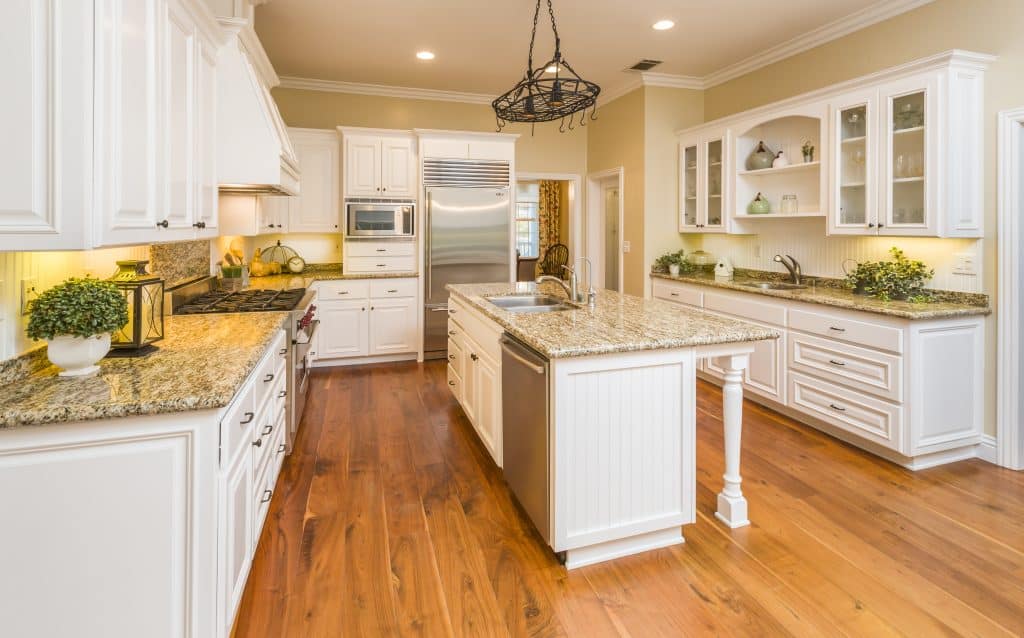
The interior design industry has been trying for years to break homeowners’ addiction to granite counters. They’ve introduced stainless, concrete, glass, quartz, wood, marble and other ideas to wean people away, but the alternative surfaces just don’t have the luxury look that granite does.
If you’re getting granite countertops for the first time, here are five things you need to know:
Choose the right stone.
Granite is a general term that describes a type of granular igneous rock formed by cooled magma and indigenous minerals. 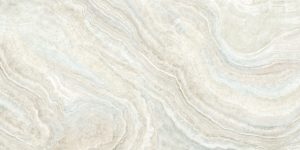 Depending on where the granite is quarried, it can be stunning with streaks of gray, pink, red, green, blue or gold. The rarity of the vein of granite can drive up the price considerably, as well as the thickness and the type of fabrication you choose.
Depending on where the granite is quarried, it can be stunning with streaks of gray, pink, red, green, blue or gold. The rarity of the vein of granite can drive up the price considerably, as well as the thickness and the type of fabrication you choose.
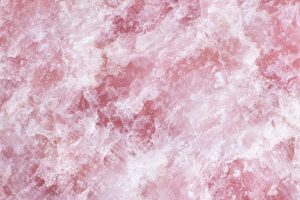
When you shop for granite, don’t choose from a sample. You’re basically buying the whole slab so that’s how you should shop. 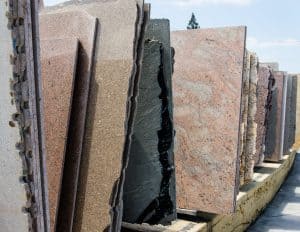 Look only at whole slabs, as the fabricators will use as much as possible to match sections and to minimize waste. Sometimes it’s possible to buy two or more slabs from the same lot. They are sliced just like pieces of toast so they can accommodate large kitchens. If they’re put back to back, they form butterfly or mirror images of each other.
Look only at whole slabs, as the fabricators will use as much as possible to match sections and to minimize waste. Sometimes it’s possible to buy two or more slabs from the same lot. They are sliced just like pieces of toast so they can accommodate large kitchens. If they’re put back to back, they form butterfly or mirror images of each other.
The beauty of granite is the movement of color and the pattern of streaks and dapples, so choose wisely. A strong graphic pattern will be highly energizing, while a softer color and pattern will be calming.
Hold the Dumb End of the Tape.
Granite is sold by the square foot. You can get an idea of the number of square feet you need by multiplying length by width for each section of the kitchen, such as countertops, backsplash, and an island. Then add the square feet of each section together.
But that’s not all there is to measuring. There’s an edge allowance, seam allowance, sinks and other things to consider. You can tell your salesperson how many square feet you think you’ll need, and he or she can direct you to slabs and lots that are large enough to fulfill your order. Once you choose, the salesperson will “hold” the slab with a deposit, until the fabricator can come out to measure exactly.
Meanwhile, your cabinets should be installed before the fabricator comes out. Most appliances fit under the countertops, but if you’re installing a new sink or cooktop, the fabricator will need those measurements, too. Let the fabricator take the measurements. That way the fit is guaranteed.
Be aware of slab thickness.
Not all granite slabs are sliced the same, so expect to pay more for a three-inch thickness than a one-inch thickness. If you choose a thick granite, make sure your cabinets can support that much weight.
Next, you’ll choose an edge that is bullnose, ogee or beveled, or raw-edged. 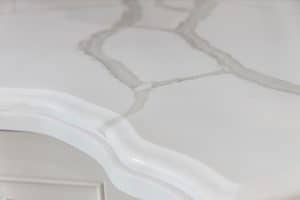 The finish can also change the look of the granite. Polished granite is glossy and reflective. Honed granite is a smooth matte finish. Leather is a textured finish.
The finish can also change the look of the granite. Polished granite is glossy and reflective. Honed granite is a smooth matte finish. Leather is a textured finish.
Ask for as few seams as possible.
If you’re doing a large area like a kitchen, you want to use as few seams as possible so that the flow of the granite pattern and color is less interrupted. A seamless slab in a kitchen looks beautiful and holds more value than seamed pieces because it’s like a work of art. Ask the fabricator if any parts of the job can be done without a seam. Sometimes it’s very possible, depending on the design of your kitchen.
To save money, you can choose granite tiles, which is like a tile, so there will be no seams, but they add little value to your home. You can also order from scraps the dealer may have leftover from other jobs, but they’re only be suitable for small jobs where you don’t have to match another granite, such as a powder bath or laundry.
Granite requires care.
Granite is fairly heat-resistant and easy to clean, but you should keep in mind that it’s also porous. It can crack, chip, stain and show scratches.
Don’t put hot pans directly on the surface; use a trivet or hot pad. Use only granite-safe cleansers. Don’t use bleach, ammonia products, scouring pads, or anything acidic such as lemon or vinegar to clean. Don’t use dish soap to clean as it can leave a dulling film on the surface. Spills of wine, juice and tomato sauce should be cleaned up quickly.
Some finishes such as polish act as more of a seal, but you can also purchase granite sealers at your local market. Just wipe it on once a year or so to keep your countertops looking their best.
If you’re wondering whether your countertop needs sealing, spill some clean water or the surface and cover it with a paper towel. If it leaves a stain, it will go away eventually, but you’ll know it’s time for sealant.
